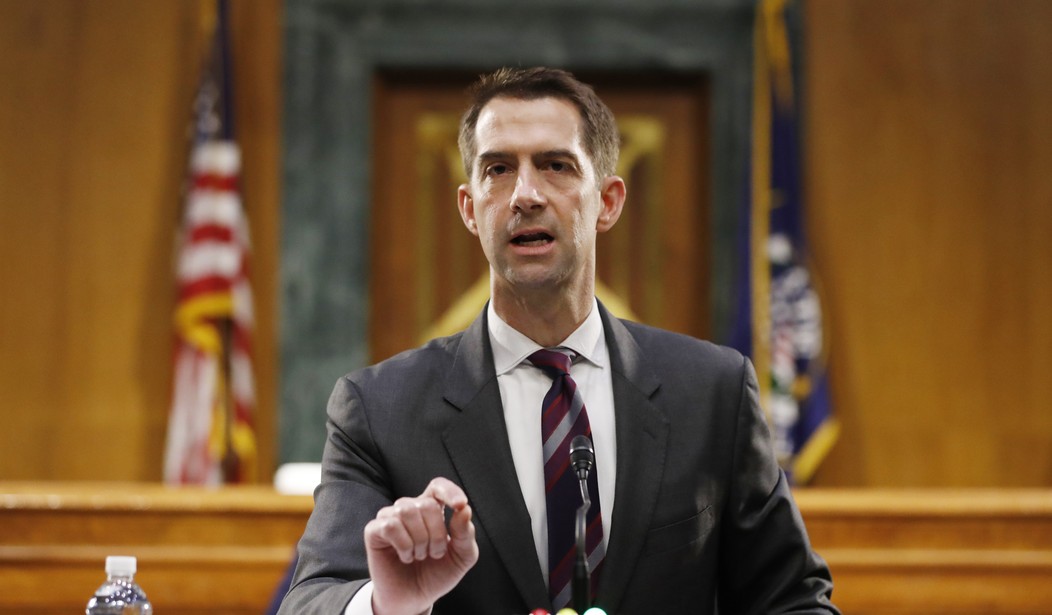Sen. Tom Cotton said Sunday that while he’s just as concerned as many Arkansans about the irregularities that occurred in the November election, he cannot stand behind efforts by some of his Republican colleagues in challenging the election.
“I share the concerns of many Arkansans about irregularities in the presidential election, especially in states that rushed through election-law changes to relax standards for voting-by-mail,” Cotton said in a statement. “I also share their disappointment with the election results. I therefore support a commission to study the last election and propose reforms to protect the integrity of our elections. And after Republicans win in Georgia, the Senate should also hold more hearings on these matters. All Americans deserve to have confidence in the elections that undergird our free government.”
The lawmaker argued that Congress does not have the power to overturn the results of the election so he support efforts to stop the certification of the Electoral College votes on Jan. 6.
“Nevertheless, the Founders entrusted our elections chiefly to the states — not Congress,” Cotton noted. “They entrusted the election of our president to the people, acting through the Electoral College — not Congress. And they entrusted the adjudication of election disputes to the courts — not Congress. Under the Constitution and federal law, Congress’s power is limited to counting electoral votes submitted by the states.
“If Congress purported to overturn the results of the Electoral College, it would not only exceed that power, but also establish unwise precedents,” he continued. “First, Congress would take away the power to choose the president from the people, which would essentially end presidential elections and place that power in the hands of whichever party controls Congress. Second, Congress would imperil the Electoral College, which gives small states like Arkansas a voice in presidential elections. Democrats could achieve their longstanding goal of eliminating the Electoral College in effect by refusing to count electoral votes in the future for a Republican president-elect. Third, Congress would take another big step toward federalizing election law, another longstanding Democratic priority that Republicans have consistently opposed.”
Recommended
For these reasons, he will “not oppose the counting of certified electoral votes” on Wednesday. Doing so won’t give President Trump a second term, he argued, “it will only embolden those Democrats who want to erode further our system of constitutional government.”
Sen. Josh Hawley announced last week that he planned to object to the certification of the electoral college vote. Sen. Ted Cruz, meanwhile, said he'll object unless there's an emergency audit of the results.
"In 1877, Congress did not ignore those allegations, nor did the media simply dismiss those raising them as radicals trying to undermine democracy," said the Texas Republican, along with a coalition of Republican senators, in a statement. "Instead, Congress appointed an Electoral Commission -- consisting of five Senators, five House Members, and five Supreme Court Justices -- to consider and resolve the disputed returns.
"We should follow that precedent," the statement continued. "To wit, Congress should immediately appoint an Electoral Commission, with full investigatory and fact-finding authority, to conduct an emergency 10-day audit of the election returns in the disputed states. Once completed, individual states would evaluate the Commission’s findings and could convene a special legislative session to certify a change in their vote, if needed."
Unless that happens, they will "reject the electors from disputed states as not ‘regularly given’ and ‘lawfully certified’ (the statutory requisite)."
























Join the conversation as a VIP Member